Zack K. is a PCH tutor and UCLA senior from Livermore, California. He studies biochemistry, competes on the men’s rowing team, and does stand-up comedy. Zack has a passion for science, helping people learn how to problem solve, and… dogs.
Why did you choose to major in biochemistry?
There’s always something new to be found in science. You never reach the bottom of the rabbit hole, so that’s exciting to me. Biochemistry, specifically, has relevance in improving the human condition; if you understand of what is happening inside living organisms on a micro scale - the smallest part of its essence - you can build up from there to inform the quality and functioning of living organisms.
I had the opportunity to work in an organic chemistry research lab at UCLA and it excited me to think I could be one of those scientists I read about who are finding a better understanding of the world around us - to not just read about Nobel prize winners finding things and changing the world of chemistry or biology for decades, but to also have the opportunity to alter how scientists investigate the field.
What do you hope to do after graduating?
After graduating in the spring of 2019, I plan to work for a year in a research lab, then go back to school for a PhD in chemistry. I want to develop pharmaceuticals - ideally new products for diseases that have no cure yet or to create more effective cures and make them more accessible to patients.
Why did you become a tutor?
I found it frustrating when I had teachers and TAs who didn’t have a real grasp on how to connect with students and explain things in different ways. I often had to teach myself, and I realized many high school students may have similar problems not being able to connect with teachers. I figured, if I have the opportunity to give some of my time to try explaining topics to these students in different ways and spend individual time with them, it could make the experience of education much more enjoyable. My hope is that if I can convince people that education doesn’t have to be difficult and distant, it can be a more intimate and meaningful experience.
Why do you take your tutoring so seriously?
One of my favorite quotations is from Isaac Newton: “If I have seen further, it’s only by standing on the shoulders of giants.” In a similar way, I want to enable those who come after me and use the understanding I’ve worked to attain by giving it back to a younger generation. If I can help a student understand a topic they’re studying and enable them to reach far past what they could do previously, that’s one of the most rewarding things I can feel as a tutor. Plus, I can feel it every day, every hour session I go and work - it doesn’t have to be after years of work in a lab. Doing this feels like I’m contributing to society’s ability to achieve greater things.
What do you love best about tutoring?
The most rewarding experience in tutoring is when a student is able to leave the training wheels behind - when I can stop asking so many questions and they can do things on their own. A tutoring technique I like is to rephrase the topic as a real-life analogy and apply the concept to a more accessible scenario. Once, I was teaching a student how to interpret data using an analogy involving the popularity of something at a zoo. Before I finished, it suddenly clicked with the student; he ran with it and completed the entire scenario - thereby understanding how to solve the problem - by himself! It was a beautiful thing to witness: he felt that he was able to figure it out on his own, and that experience felt much more real and valuable for him.
What’s some advice you’d like to share with students?
Many of us fall into the trap of believing there are different species of students - dumb kids, smart kids, etc. - and that you’re predestined from a young age to either be successful in school or not. But the key to understanding wildly successful people is knowing we all came from the same starting point in knowledge and understanding. Everyone has the same ability and potential to achieve as anyone else. Nothing is saying we’re predestined to not be able to surpass a certain level.
What’s something fun we should know about you on a personal level?
I would love to meet your dog!



















